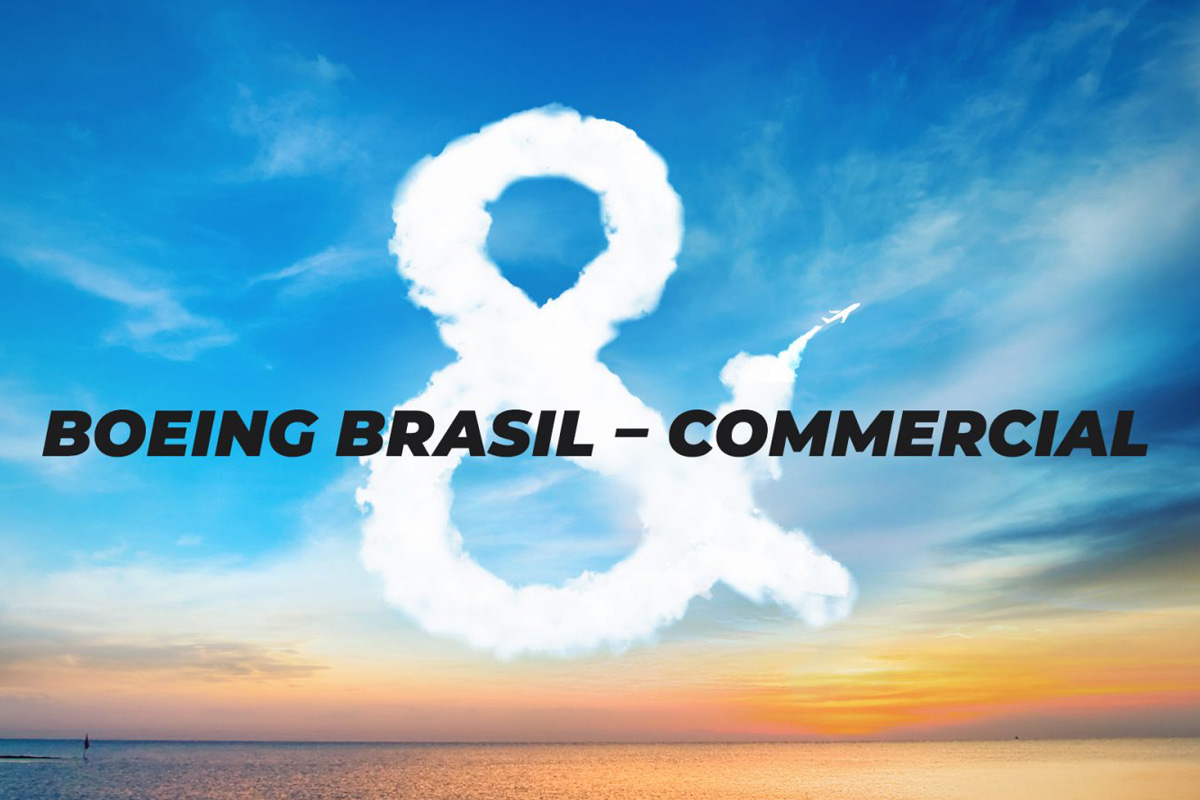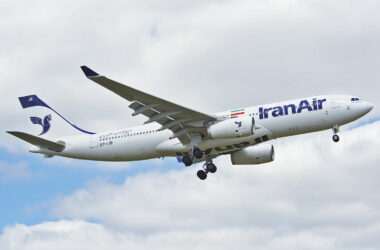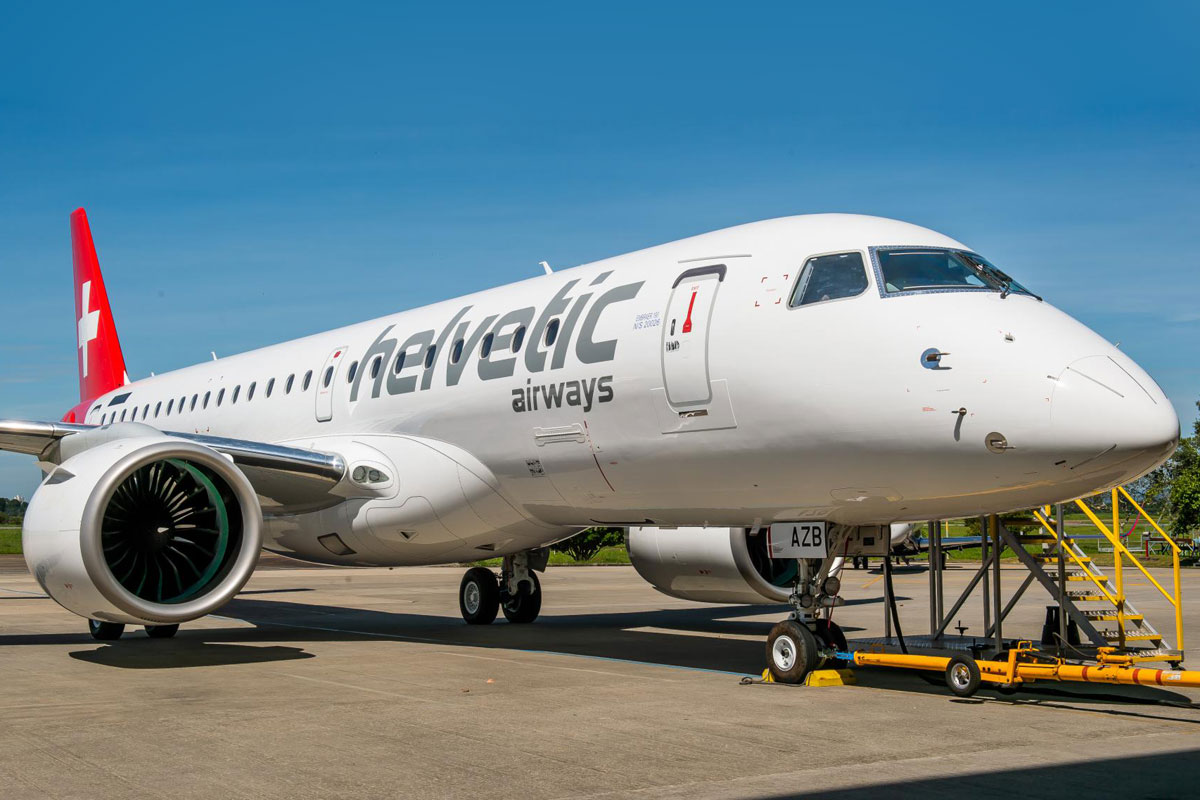Embraer and Boeing reached an agreement after a long arbitration process motivated by the end of the joint venture project in the commercial aircraft division of the Brazilian manufacturer.
According to Embraer, Boeing agreed to pay US$150 million for having abandoned the transaction that provided for the payment of US$4.2 billion to acquire 80% of the commercial aviation business, formed by the E-Jets.
“We are pleased to have concluded the arbitration process with Embraer. More broadly, we are proud of our more than 90 years of partnership with Brazil and look forward to continuing to contribute to the Brazilian aerospace industry,” said Boeing.
The partnership ended in April 2020, shortly after the start of the pandemic and when Boeing was already facing serious problems involving the 737 MAX, at the time with all aircraft grounded in the world.
Follow ADN: Instagram | Twitter | Facebook
The arbitration process began soon after, with the US giant claiming that Embraer had not fulfilled the conditions set forth while the Brazilian company.
In a statement to its shareholders, Embraer revealed that it had reached a “collar agreement” to end the dispute.

Relive the subject
Boeing and Embraer began talks for a possible tie-up of their businesses in 2017, shortly after Airbus purchased Bombardier’s C Series commercial jet program.
After discussions, it was agreed that Boeing would pay US$4.2 billion to acquire 80% of the shares in the new company, which would be responsible for Embraer’s commercial aircraft, such as the E175 and the new E2 jets.
There would also be a partnership in relation to the C-390 Millennium tactical transport.
Embraer then began a complex process of separating the entire commercial aviation division from its business, in addition to pausing several developments while waiting for the merger.

In April 2020, shortly before the deadline for the transaction to be signed, Boeing publicly stated that Embraer had not fulfilled its part.
“Boeing has worked diligently over more than two years to finalize its transaction with Embraer. Over the past several months, we had productive but ultimately unsuccessful negotiations about unsatisfied MTA (Master Transaction Agreement) conditions. We all aimed to resolve those by the initial termination date, but it didn’t happen,” said Marc Allen, who was leading the process at the time.
Embraer rejected the insinuations, stating that it had completed all the steps planned.
Since then, the Brazilian company has reversed course by resuming its commercial aircraft division and moving forward with improvements to its portfolio.






